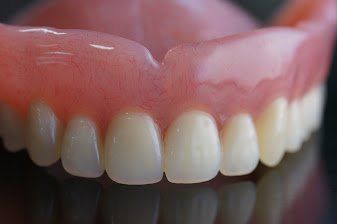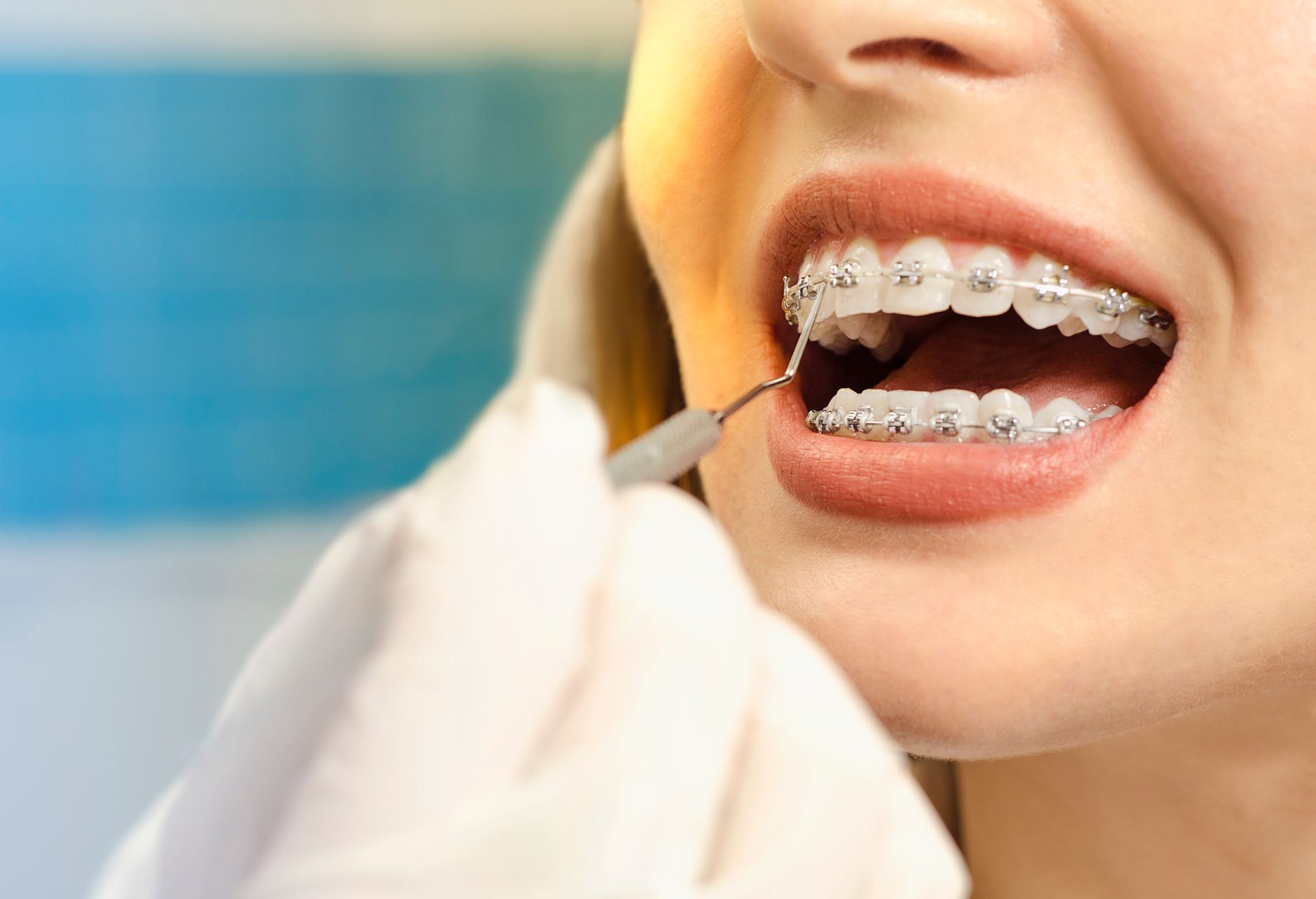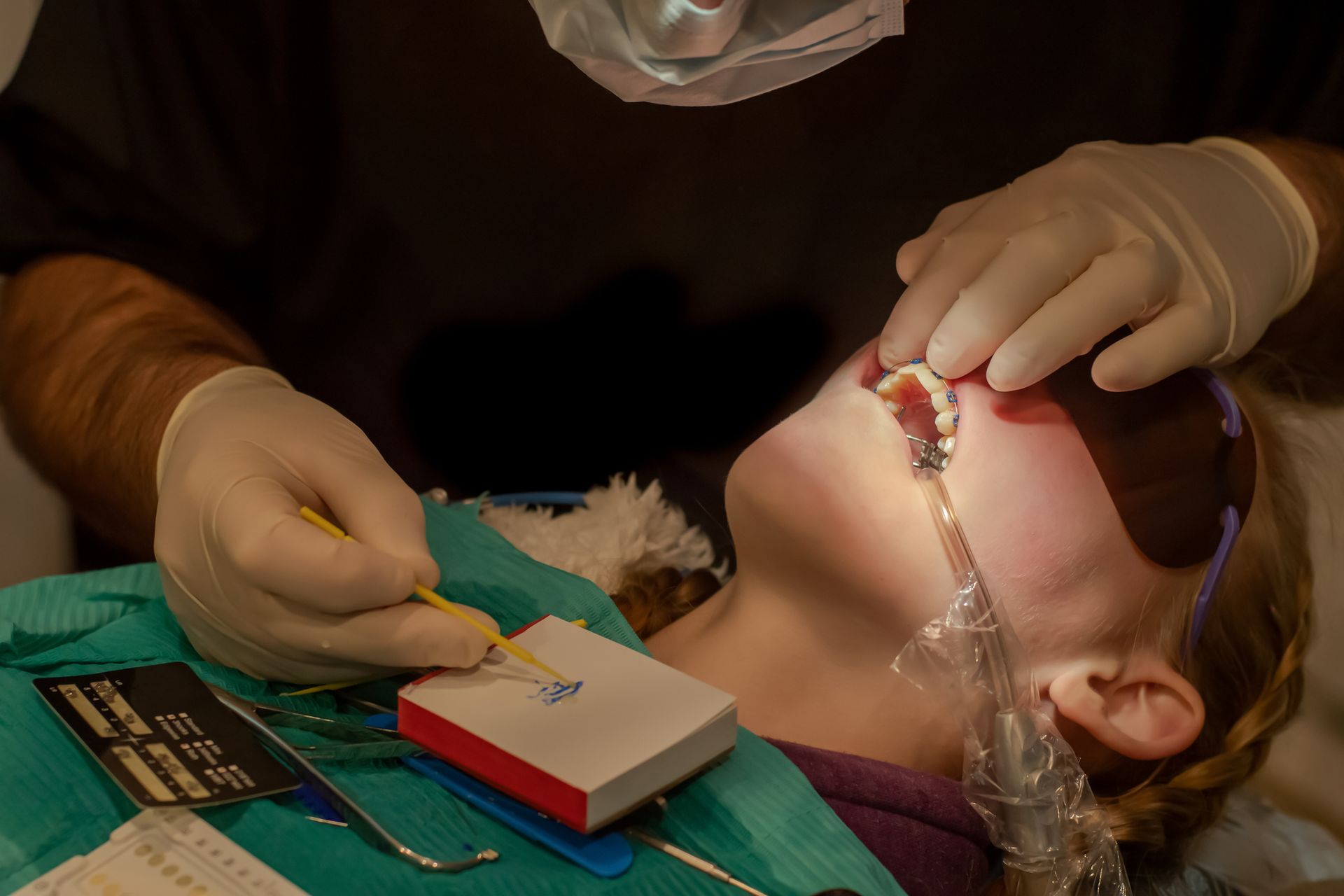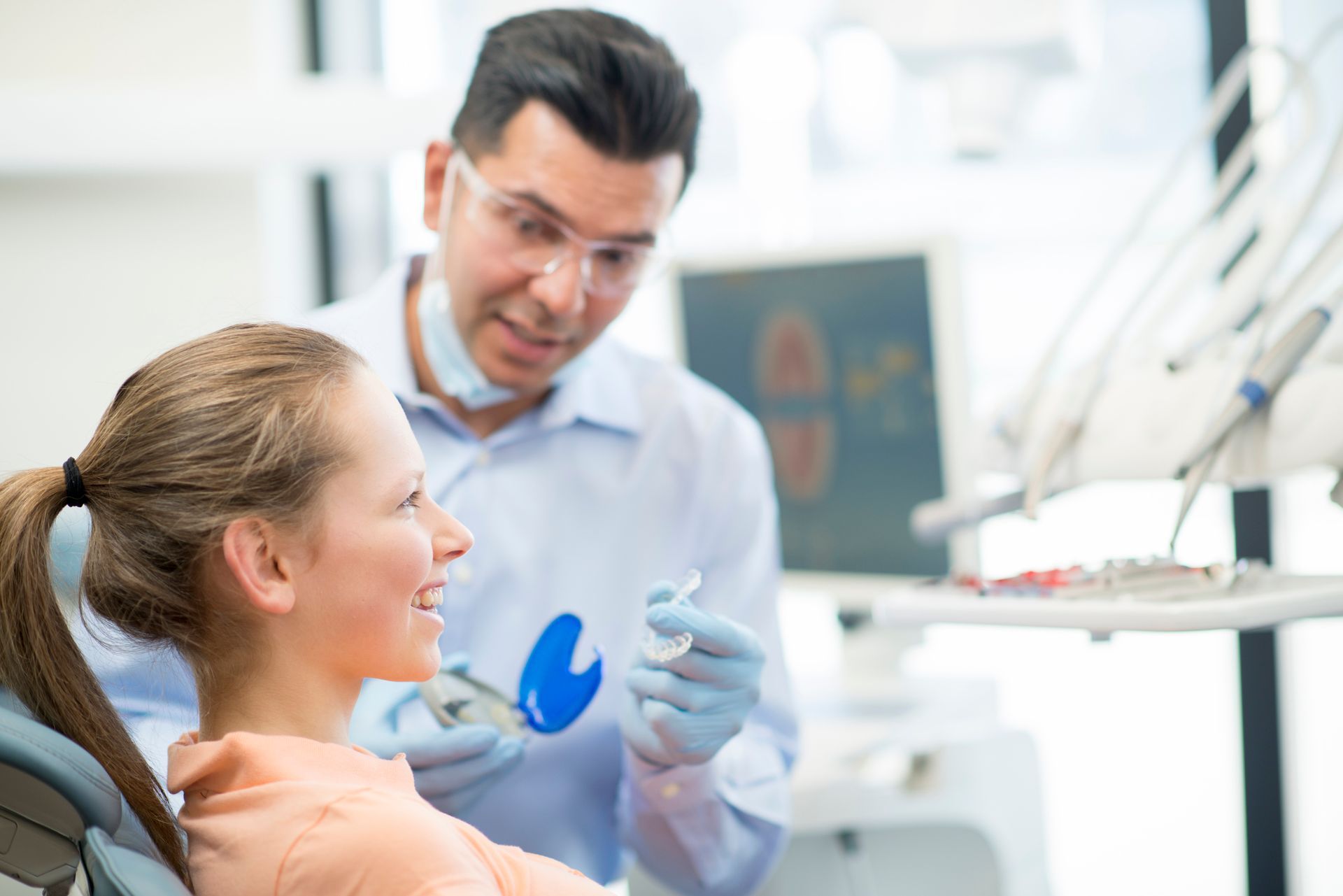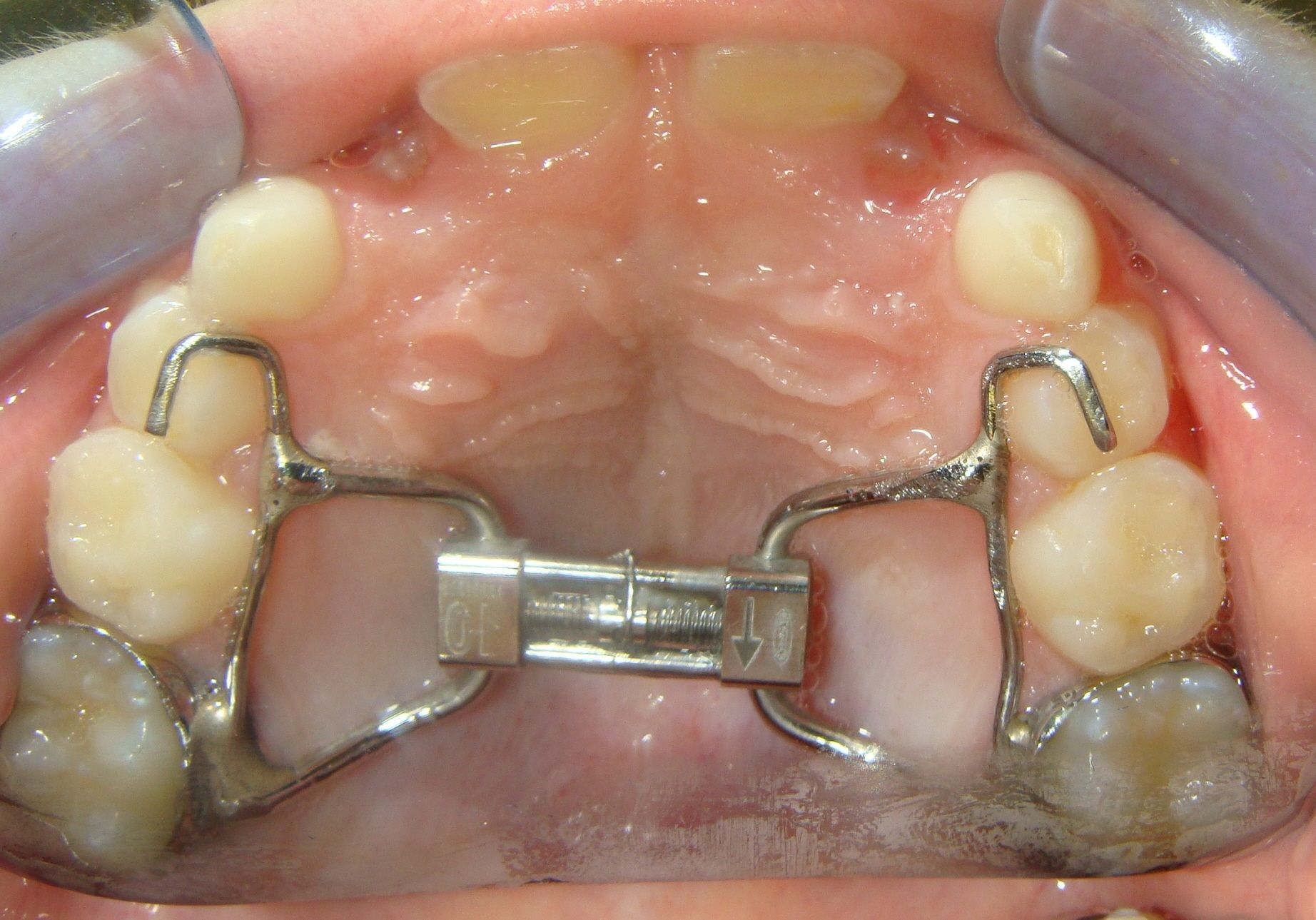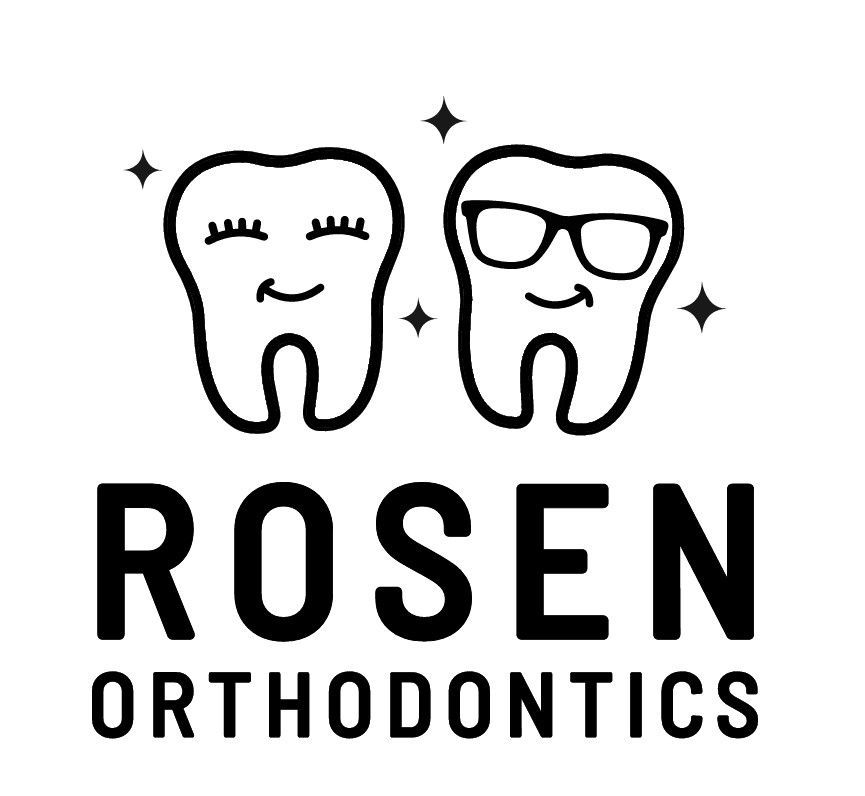Essential Vitamins and Minerals for Children's Oral Health
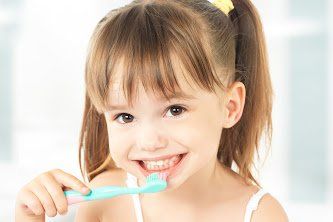
Brushing and flossing are essential for children's overall oral health but so are vitamins and minerals. Vitamins and minerals play an important role in your child's mental and physical development. With the proper intake of vitamins and minerals, your child can have strong and healthy teeth and gums to last a lifetime.
If the nutrients are not present in your child's diet, they are at risk of developing dental cavities. Read on to discover some of the essential vitamins and nutrients you should include in your children's diets to promote good oral health.
Calcium
Calcium forms the bulk of the enamel protecting your child's teeth against tooth decay and cavities. Calcium also helps maintain a solid and dense bone structure throughout childhood into adulthood. Therefore, with sufficient nutrient intake, you can prevent many oral complications later in your child's life.
Make sure your child consumes plenty of milk, yogurt, and cheese because dairy products contain calcium for the human body to absorb. Even so, make sure to check the sugar content in your kid's dairy foods, as too much sugar results in plaque build-up.
If your child is allergic to dairy products, you can feed them other foods that contain the calcium they need. Calcium-rich food includes vegetables like broccoli, kale, mustard greens, soybeans, and oranges.
Vitamin D
To get the most out of vitamin D, pair it with high calcium foods. Vitamin D helps the body absorb calcium and improves bone mineral density in its own right. Lack of vitamin D can lead to several oral disorders in children, such as gum disease, gingivitis, and cavities.
Fortunately, our bodies synthesize vitamin D when exposed to sunlight. Therefore, you should allow your child to play outside daily to up their vitamin D levels. In addition to sunlight, your child can consume vitamin D through their diet. This vitamin is present in oily fish like salmon, herring, mackerel, and breakfast cereals. Alternatively, you can give your child vitamin D supplements.
Phosphorus
Like vitamin D, phosphorus aids the body in breaking down calcium. Phosphorus works alongside calcium to strengthen and rebuild a child's enamel, protecting against plaque and cavities.
If you want to incorporate phosphorus into your kids’ diet, feed them eggs and other protein-rich foods. Seafood like salmon and tuna are also a great source of phosphorus, along with plant-based sources such as soybeans, pumpkin, and dried fruit.
Vitamin A
Vitamin A is necessary for multiple body functions when a child is growing up. Vitamin A provides immune support and is good for a child's vision and skin. Vitamin A also helps with saliva production. Saliva helps break down foods and clean bacteria in between teeth. Foods rich in vitamin A include carrots, fish, sweet potatoes, chicken, and red meat. Vitamin A is also available as a supplement.
Iron
Iron is an essential precursor for the formation of red blood cells and the development of healthy teeth. Red blood cells are essential for a child's immune system and, therefore, defend against early childhood diseases, including oral infections. Lack of iron can cause a host of health complications, so ensure your child eats cereals, red meat, and eggs for their iron levels.
Understanding vitamins and minerals your child needs will help you ensure the best oral health for them. A healthy diet can provide most nutrients, as can a multivitamin. Even so, your child's oral health not only depends on a diet but also on the dental care they receive. You can keep your child's teeth and gums healthy by taking them to see the dentist regularly.
Contact us today to learn more about healthy dental habits for your children or to schedule an appointment for your child.

CONTACT INFORMATION
Phone numbers:
Buffalo Grove: (847) 215-9971
Deerfield: (847) 432-1614
Email: info@rosenortho.com
BUSINESS HOURS
- Monday
- -
- Tue - Fri
- -
- Saturday
- -
- Sunday
- Closed
OUR LOCATIONS
Buffalo Grove: 355 W. Dundee Rd. Suite 215 Buffalo Grove, IL 60089
Deerfield: 656 Deerfield Rd, Deerfield, IL, 60015

